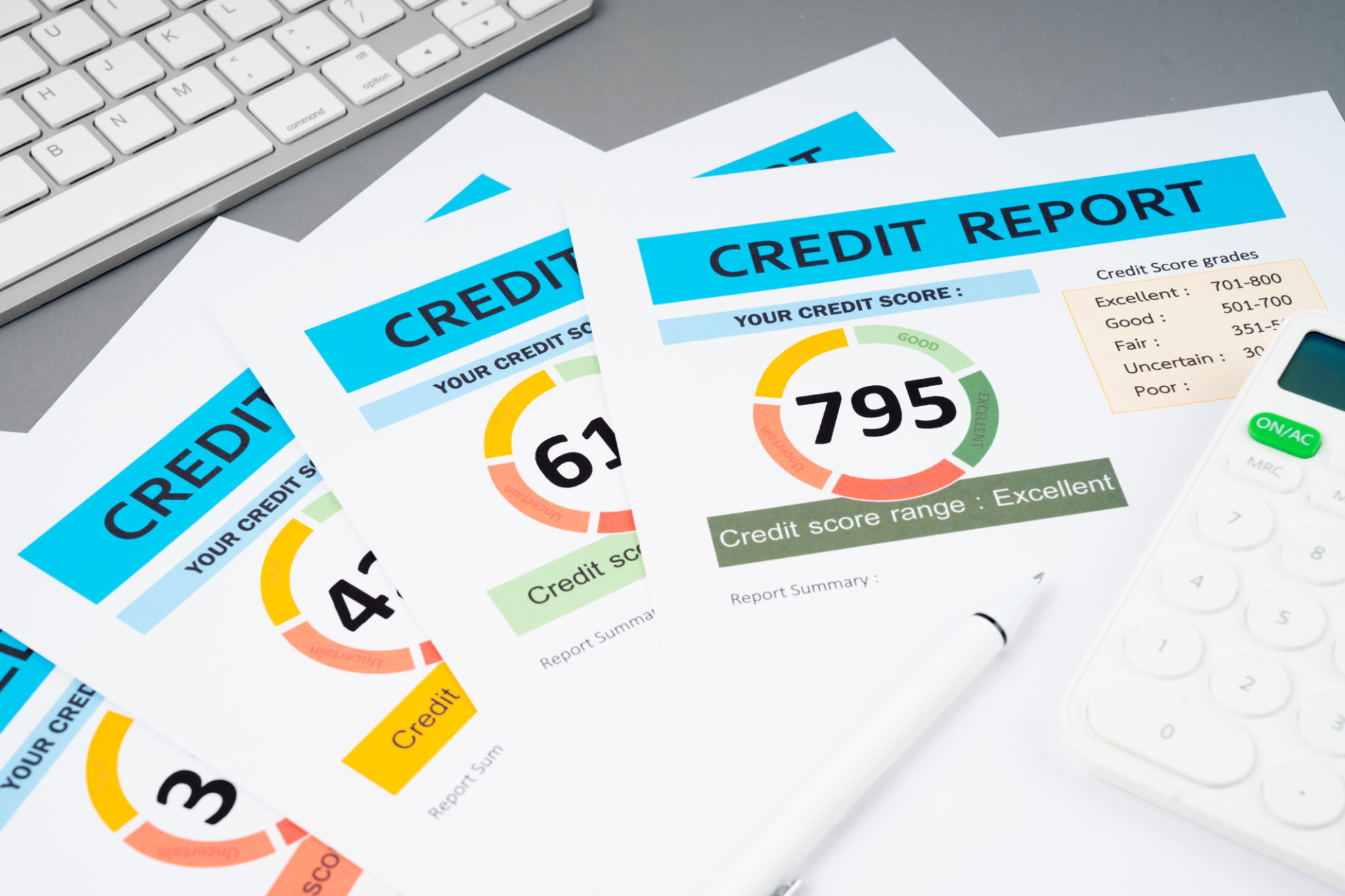Building a Strong Personal Credit: Essential Steps and Strategies
Understanding Personal Credit
Personal credit is a reflection of your financial trustworthiness, impacting your ability to borrow money, secure favorable interest rates, and even affect opportunities in housing and employment. Building a strong personal credit score is essential for financial success and security.

Why a Strong Credit Score Matters
A strong credit score can save you money on interest rates, qualify you for better credit card offers, and even lower your insurance premiums. Lenders view a high credit score as a sign of reliability, making it easier to get approved for loans and lines of credit.
Steps to Building Strong Credit
Start with a Secured Credit Card
If you're new to credit or looking to rebuild, a secured credit card is a great starting point. These cards require a cash deposit that serves as your credit limit. By using the card responsibly and paying off the balance each month, you can start building a positive credit history.

Pay Your Bills on Time
Payment history is a crucial component of your credit score. Consistently paying your bills on time shows lenders that you are responsible with your finances. Consider setting up automatic payments or reminders to ensure you never miss a due date.
Keep Your Credit Utilization Low
Your credit utilization ratio, or the amount of credit you're using compared to your total available credit, should ideally be below 30%. Keeping balances low on credit cards and other revolving credit accounts can positively impact your credit score.

Strategies for Maintaining Good Credit
Regularly Check Your Credit Reports
Monitoring your credit reports from the major credit bureaus can help you catch errors or signs of identity theft early. You're entitled to one free report from each bureau annually, which you can access through AnnualCreditReport.com.
Avoid Opening Too Many New Accounts at Once
Each time you apply for credit, a hard inquiry is recorded on your report. Too many inquiries in a short period can lower your score. Be strategic about when and why you apply for new credit.
Diversify Your Credit Mix
Having a variety of credit accounts, such as installment loans and revolving credit, can positively influence your score. However, only take on debt that you can manage comfortably.

Conclusion: Patience and Persistence Pay Off
Building a strong personal credit score doesn't happen overnight. It requires consistent effort and smart financial habits. By following these steps and strategies, you can lay a solid foundation for financial health and enjoy the benefits that come with excellent credit.
